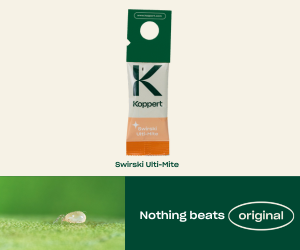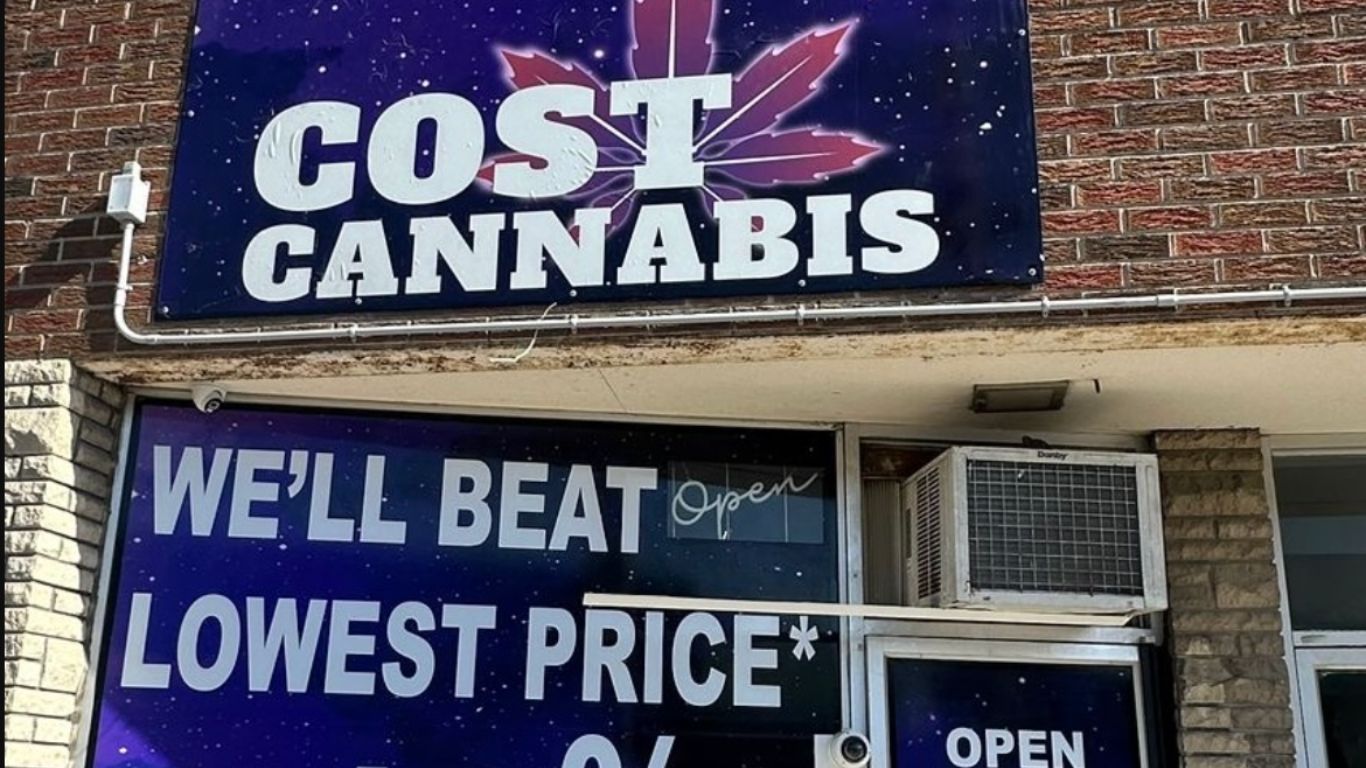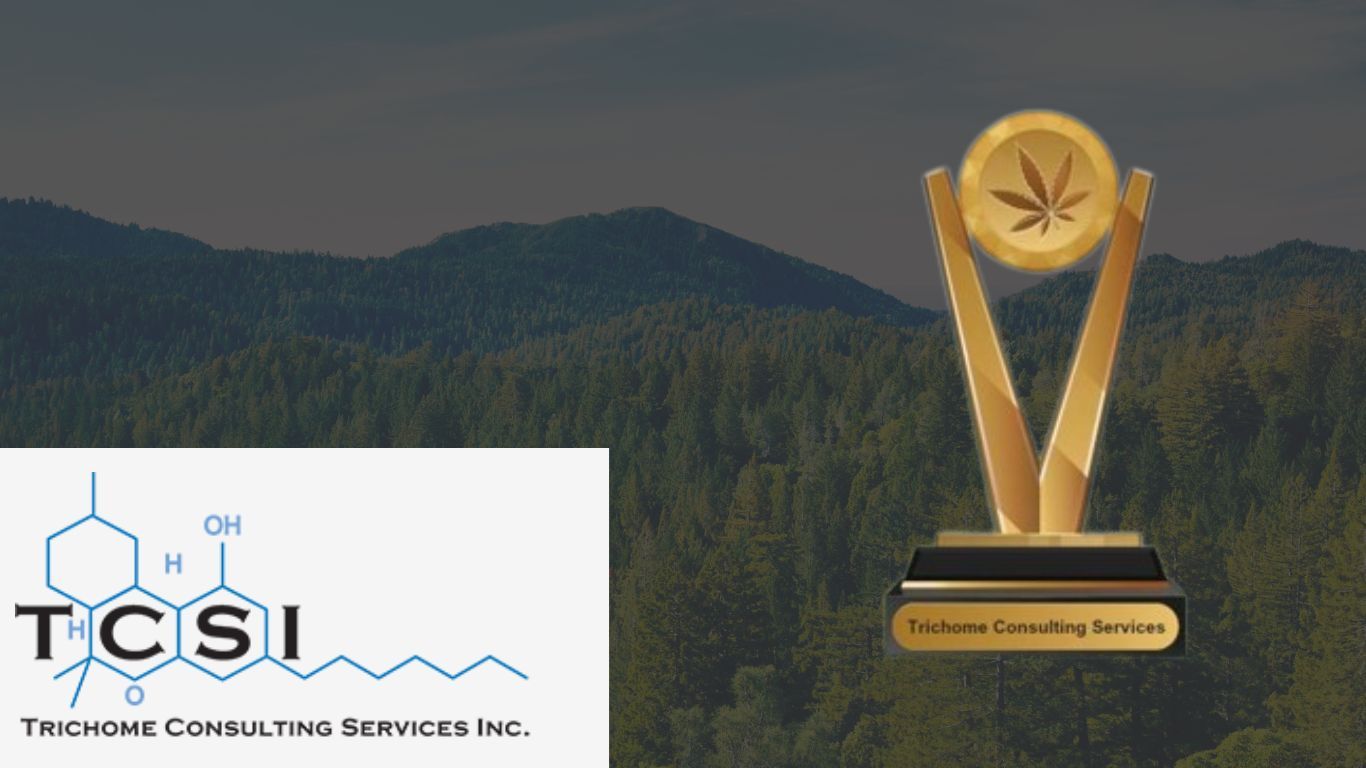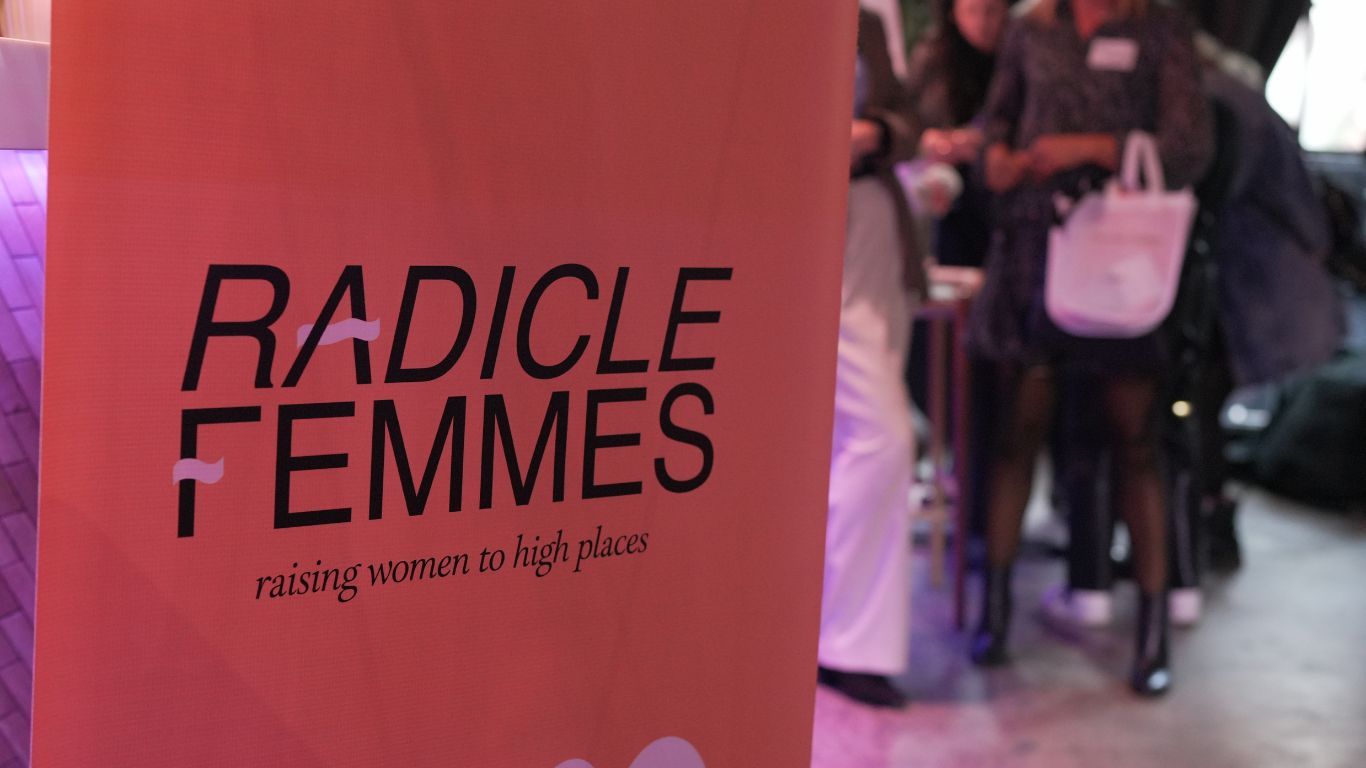
The industry has been abuzz with speculation following reports of Health Canada telling some cannabis producers they can no longer sell so-called “edible extracts.”
StratCann has now confirmed with one cannabis producer who says they received an order from Health Canada to stop sales of their Full Spectrum THC Jelly Cubes due to them being inaccurately classified as extracts rather than edibles.
Brad Stewart, Head of Commercialization with Vortex Cannabis Inc., confirmed with StratCann that they received a stop-sale order from Health Canada in early January for their Jelly Cubes. The cubes, and other products like them, contain 10mg of THC each, but hold more than the 10mg limit per package.
StratCann has reached out to several other companies who sell either similar “gummies” or cannabis lozenges that could potentially be included in this kind of stop-sale order, although none have yet confirmed receiving one.
OrganiGram, which sells a cannabis lozenge that comes with more than 10mg per package, formally declined to comment.
Stewart says they received their stop-sale order on Friday, January 6. The company then promptly informed their provincial partners that they would not be sending them any more of these products while they awaited further guidance from Health Canada.
“We received the (order),” says Stewart. “We value our provincial partnerships and would not want to do anything that would damage our provincial partnership or put us at odds with Health Canada. They told us no, so we then immediately told the provinces we would need to hit the pause button until further guidance.”
Because their products were already sold out, they didn’t need to take anything off shelves, he explains, but instead cancelled any further purchase orders.
“I’m not surprised at all. The policies are there and it was pretty obvious from the start that this would happen.”
Mike Babins, Evergreen Cannabis
Although he says he suspects other companies may have received similar notices from Health Canada, he speculates some may be seeking to maximize sales of those products before taking any action.
“We don’t play complicated politics. The other guys are not wanting the provinces to know that there’s been a stop-sale. So they are continuing to sell.”
There are several such “edible extracts” types of products that have emerged on the market in the last few months, namely gummies and lozenges marketed as being extracts intended for sublingual use rather than for edible ingestion.
When StratCann covered this issue in December, Health Canada said they were aware of these kinds of products and were “looking into this situation.”
The regulator also explained that it has “a number of enforcement tools that may be considered in determining the appropriate actions to prevent or address non-compliance, and the appropriate tool is used based on a review of the facts of the situation and all relevant information, including the health or safety risk and the compliance history of the individual or corporation.”
A spokesperson for Health Canada continued:
“These tools range from calls and/or letters, which are intended to educate and prevent non-compliance, up to measures intended to correct non-compliance or address a public health or safety risk, such as the issuance of a warning letter, suspension or cancellation of a federal licence, the issuance of a ministerial order, or the issuance of administrative monetary penalties (up to $1 million).”
Aurora Cannabis, the company that makes Glitches, a ‘chewable extract’ that is sold with 10mg THC per piece in packages of five and ten, declined to comment on any possible communication from Health Canada, but say they “firmly believe the legal cannabis market needs novel approaches that Canadian consumers seek in order to fight the illicit market that operates without any rules or oversight.”
“The real risk to Canadians is not from legal cannabis producers,” a company spokesperson told StratCann via email. “Rather the illicit industry is free to market to underage consumers without concern for public health. We take compliance seriously and developed our Aurora Drift Glitches in accordance with the regulations and fulfilled all requirements by Health Canada prior to market launch. We respect Health Canada’s oversight and continue to have regular open dialogue about moving forward. It is our intention to continue to offer high-quality and innovative cannabis products to support the growth of the legal market, as we have always done.”
“The Cannabis Act contains a number of enforcement tools that may be considered in determining the appropriate actions to prevent or address non-compliance, and the appropriate tool is used based on a review of the facts of the situation and all relevant information, including the health or safety risk and the compliance history of the individual or corporation.”
Tammy Jarbeau, Senior Media Relations Advisor, Health Canada
Mike Babins, the owner of Evergreen Cannabis in Vancouver, says he hasn’t heard anything from the province in regard to these products but says he isn’t surprised that Health Canada seems to be tapping the brakes.
“It was only a matter of time,” explains Babins. “I’m not surprised at all. The policies are there, and it was pretty obvious from the start that this would happen. The policy isn’t going to change just because people figured this out.”
He also says he hasn’t seen a huge demand for the products and doesn’t expect most consumers to notice if they disappear from shelves.
“The main consumer reaction was it’s a lot more cost-effective, but they taste like crap,” he continues. “And we do have a few people who say they need 100mg a time and don’t want to buy it in capsule form, but most people seem to prefer the actual gummies or chocolates or the drinks to the (edible extracts).”
Stewart at Vortex says he thinks Heath Canada is utilising this kind of tiered approach, potentially moving towards a formal product recall for any companies who do not adhere.
“What happens with a stop-sale is if you don’t comply with a stop-sale the next step is going to be a recall. I think what’s happening is they are getting their house in order in terms of ingestible concentrates in general. So they are basically telling us to put a pause on things because something is coming.”
Although he says he’s frustrated they are losing money, he says he also thinks it could have been worse.
“To give Health Canada the benefit of the doubt, here they are giving us an opportunity to not have a 26,000 unit recall.
“Yes, we’re losing money, and it really sucks, and I think Health Canada owes us an apology for allowing us to go through the NNCP and then costing us money. But it is what it is.”
Health Canada’s Notice of new cannabis product process (NNCP) requires cannabis producers to essentially inform the health regulator of any new products prior to being released into the market. Although not a formal “approval,” this notice period gives Health Canada an opportunity to reject or push back against new products.
While most products do not receive any initial objection or concerns from Health Canada based on this 60-day notice period, other products in the past—such as freezies and delta 8 THC products—have made it to shelves months before then receiving pushback from the federal regulator.
“During the NNCP phase we did some back and forth to make sure we were following those rules,” explains Stewart. “So okay, we’re good. Then we get to market, and they basically said ‘hold on’.”
More on this story as verifiable details emerge.
Note: This article was updated on Jan 30 to include comments from Aurora Cannabis.











